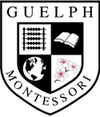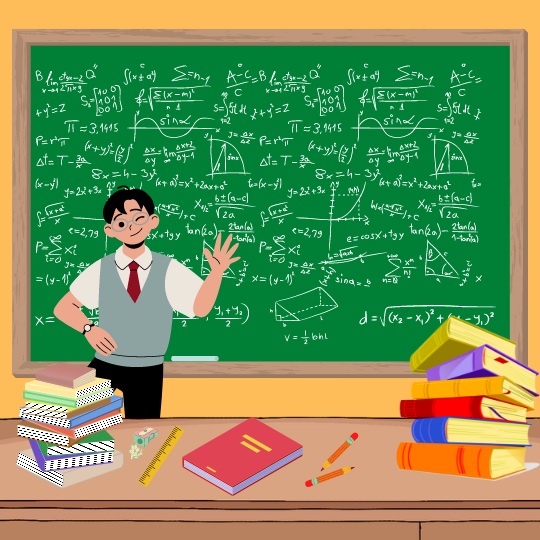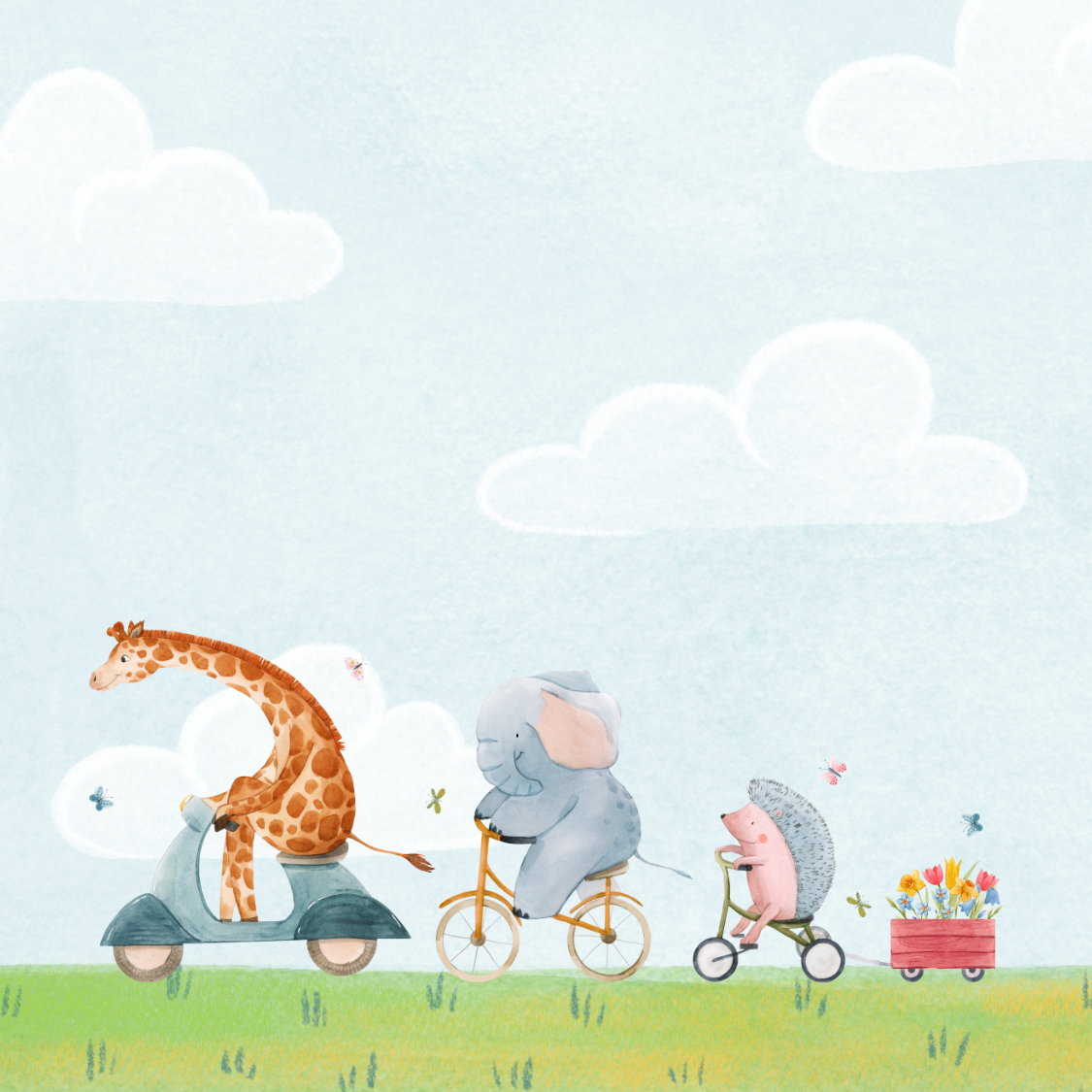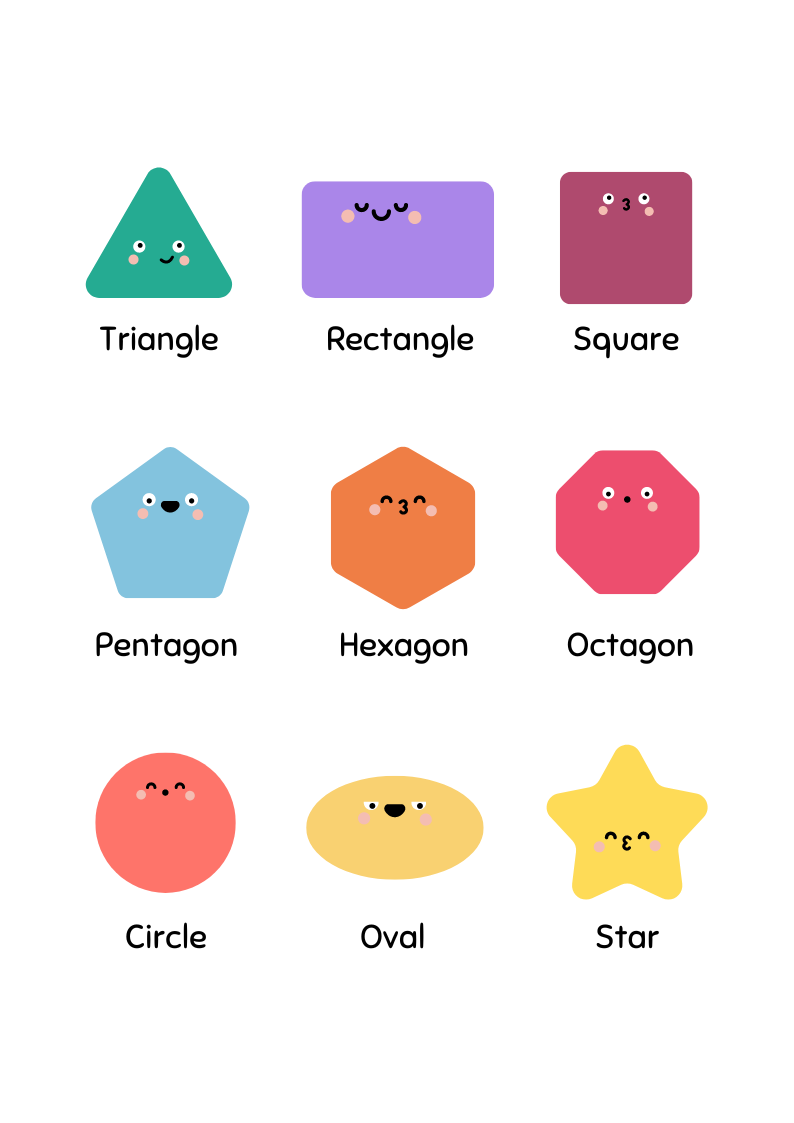- 8:00am - 05:30pm Mon - Fri
- +1(519) 836-3810
- 151 Waterloo Avenue, Guelph, ON.
Elementary
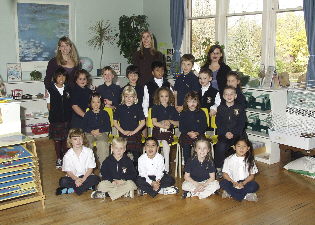
Private Education - Grades 1 to 6
The Montessori elementary curriculum expands and builds on the primary experience and the idea that Montessori materials are "Aids to Life." The idea is that children develop optimally when they are brought up in an environment that supports their natural development, to allow for enough time to grow and develop according to their own pace and rhythm.
Range of Subjects
The elementary curriculum at the Guelph Montessori School offers a rich range of subjects, including:

Language
The elementary child enters the classroom as a reader and a writer. The curriculum works to expand these abilities by raising the child's awareness of the rules, patterns and functions of language. This is accomplished by a thorough study of the following topics:
- grammar
- sentence analysis
- word studies (prefixes, suffixes, thesaurus, dictionary, etc.)
- reading
- writing
Each child is exposed to a variety of literature and poetry. The study of literature allows the child to discover the elements of style and how it may be incorporated into their own writing. The language curriculum allows the child to "unlock" the mysteries of the English language and to develop a natural interest in reading and writing.
About Guelph Montessori School
Our goal is to maintain an active partnership involving students, teachers, parents, community and staff to develop a love of learning while embracing our diversity and unique talents in a safe, challenging, respectful and supportive environment.

Meeting the Needs of 6- to 12-year-olds
Specific characteristics developed to meet the developmental needs of the 6- to 12-year-old include:
- three-year cycles with the same teacher (ages six to nine and nine to 12), which allows the teacher intimate knowledge of each child
- group lessons and group work which facilitate broad social development and cooperative learning
- use of impressionistic charts as a teaching aid, as children's imaginations develop
- an interrelated curriculum
- a "going out" program which increases student awareness of their community
- a continued progression of beautiful Montessori materials, guiding the child from concrete learning to increasing abstraction
- shared class meetings to develop personal responsibility
Developing Concentration
The children have free play or recess for an hour after lunch each day. There is no recess during the morning.
This system allows three hours of uninterrupted work time which helps to develop concentration, as the children are able to stay at their chosen work activities for extended periods of time.
A Warm Classroom Environment
The classroom offers a warm environment for children to learn and develop. They are respected as active participating members and are encouraged to share in the responsibilities of its care.
Class meetings allow expression of thoughts, ideas, feelings, and discussions involving current events. Montessori graduates feel they can make a difference in the world.
